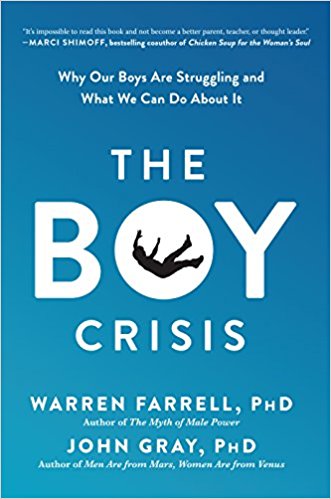![]()
Father fights for sons health records - Non-custodial parents barred from CHR data
Calgary Herald, MARIO TONEGUZZI, February 15, 2003
Calgary Health Region policy of denying biological parents information about their children unless they also have custody is sparking a heated
court battle.
A local man, who was denied access to his boys, medical records, is fighting the CHRs written policy, claiming it discriminates against him on the basis of marital status and it prevents him from gaining important medical information about his son.
The hearing will take place in an upcoming Alberta Court of Appeal case.
The Mens Educational Support Association is also applying to intervene in the case. MESA is a registered charitable organization whose main objective is to help families, fathers and children caught in the turmoil of domestic crisis. MESA believes that the interests of all children are best served by having both parents able to participate fully in their lives, even after divorce or separation.
MESA feels that this case represents one of the many discriminations faced by non-custodial parents, said Paul Millar, vice-president of MESA.
The application for intervener status in the case will be heard next Friday
The man and his wife were granted a divorce in 1997.
Prior to the divorce, the father found out that his son had been admitted to the Alberta Childrens Hospital in August 1994.
He attempted to get a copy of his sons medical records on Aug. 10, 1999.
I wanted to know why they refused to give me the record, the man, who cannot be identified, said in an interview.
They said they would not give a non-custodial parent access to the records unless the custodial parent consented or I had to go to court to get access. This was their policy.
A Calgary Health Region document states: A custody order may indicate the other parent has access to health information, etc. This is only for verbal information from a health-care professional, they do not receive copies, or view a chart unless a signed consent form the sole custodian is available. Copies of supporting documents will suffice. Keep a copy on the chart. If you are ever in doubt of custodial parent definitely ask.
On Aug. 29, 1999, the father filed a complaint with the Alberta Human Rights and Citizenship Commission regarding the health regions policy and practice of not releasing medical records to non- custodial parents.
The commissions initial investigation into the complaint ruled in his favour, stating that he was being discriminated against on the basis of his marital status.
The report said the health region justified its policy by pointing to the constraints of federal legislation and privacy issues.
This policy and practice is not in accordance with the Divorce Act and is discriminatory per the Alberta Human Rights, Citizenship and Multiculturalism Act.
The investigation, therefore, finds merit to the complaint, stated the report filed Dec.15, 1999.
The report also recommended that the father be allowed access to his sons medical records and that the policies of the health region and all provincial regional health authorities be amended so that both parents of the child would receive information and records in respect of the childs development and social activities such as school records, medical records and other relevant information.
But in a notice of dismissal document filed March 25, 2000, the fathers complaint was dismissed. The document states the issue is one of a complex legal nature and the legal opinion of the commissions counsel states the commission lacks jurisdiction in this matter.
The Calgary man appealed this decision to the chief commissioner, who in July 2000 upheld the decision that the commission did not have jurisdiction in the matter.
He then took the matter to Court of Queens Bench in Calgary in January 2002.
He has now filed an appeal of that decision with the Alberta Court of Appeal.
Doug Fraser, spokesman for the CHR, said as long as its (the case) in front of the courts, we cant speak to the case.
The mans nine-year-old son lives with his mother in Ottawa. She has interim custody of the boy, which the father is fighting in the court system.
Copyright 2003 Calgary Herald





